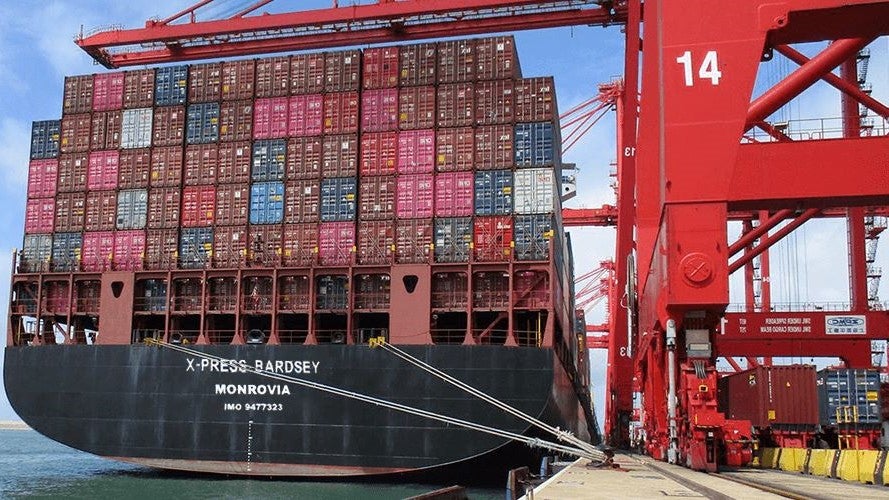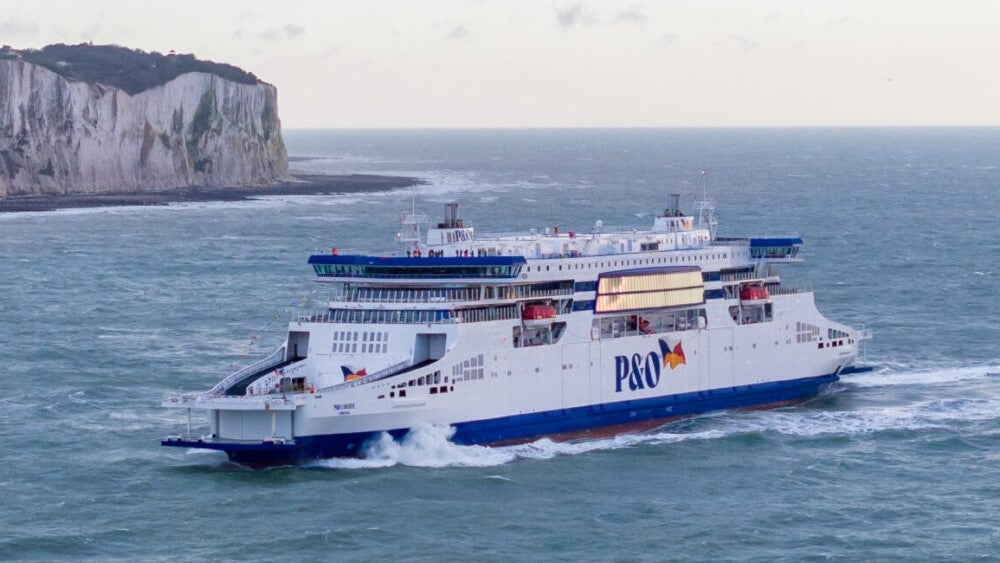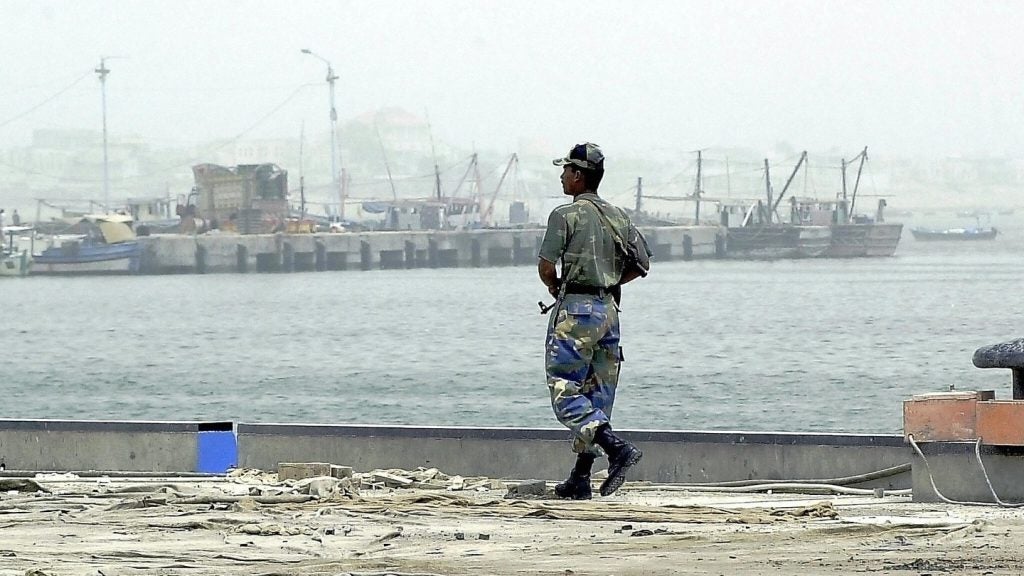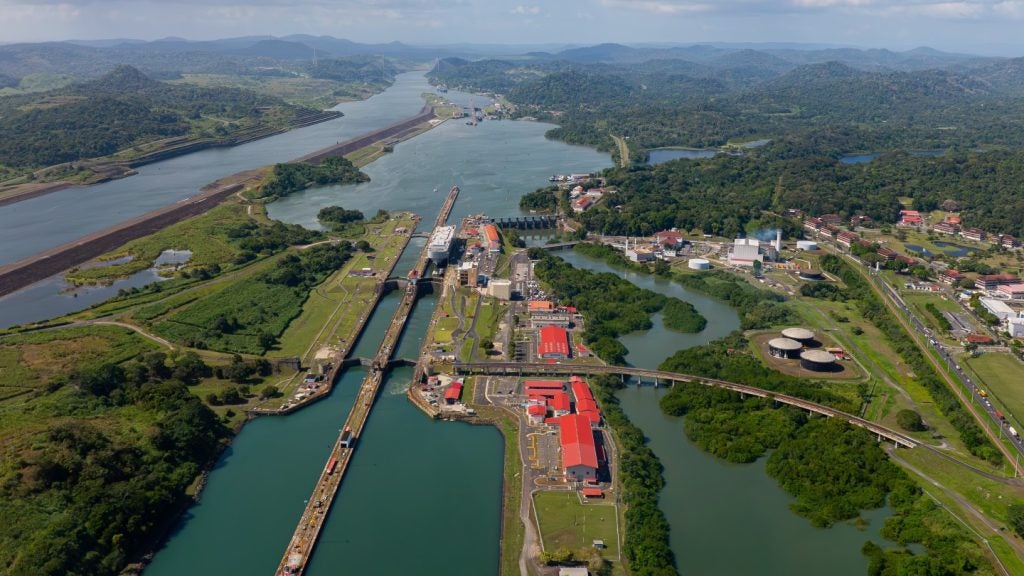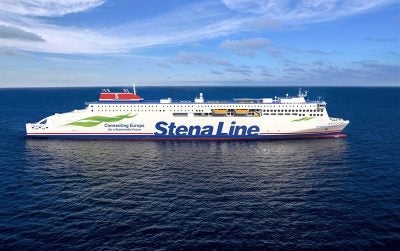
Swedish ferry company Stena Line is set to deploy its two new 240m-long E-Flexer ferries on the Nynäshamn-Ventspils route in 2022.
The two E-Flexer (MkII) ferries have been designed in partnership with Stena RoRo.
At present, they are undergoing construction at the CMI Jinling Shipyard in China.
The company also revealed plans to deploy two large and modern 222m RoPax ferries, Stena Scandica and Stena Baltica, with the aim to increase capacity on the Karlskrona-Gdynia route.
This pair of Visentini vessels have recently been lengthened and upgraded and are expected to increase freight capacity by 30%.
Stena Scandica and Stena Baltica will be able to accommodate 1,200 passengers, an increase of 33% compared to current ferries.
How well do you really know your competitors?
Access the most comprehensive Company Profiles on the market, powered by GlobalData. Save hours of research. Gain competitive edge.

Thank you!
Your download email will arrive shortly
Not ready to buy yet? Download a free sample
We are confident about the unique quality of our Company Profiles. However, we want you to make the most beneficial decision for your business, so we offer a free sample that you can download by submitting the below form
By GlobalDataIn addition, the vessels will feature 3600m of freight lane, indicating an increase of 25%.
Stena Line Group CEO Niclas Mårtensson said: “We continue growing together with our customers by strengthen our position and fleet across the Baltic Sea. Demand for capacity in the region keeps increasing as freight customers continue to expand and travel passengers choose ferry travel as their preferred safe form of transport in the wake of the pandemic.
“These large, modern, and fuel-efficient next-generation ferries are the flagships in the modernisation of our fleet as well as our development of sustainable shipping.”
Due to the optimum design of the hulls, propellers, bulbs and rudders, the E-Flexer ferries are up to 30% more energy efficient in comparison with existing ships.
The new vessels are also designed to enable conversion to methanol or liquid natural gas (LNG) fuel.
In a statement, Stena Line said: “The new ferries will be equipped to use shore power during port calls to reduce emissions and the electricity connection also enables a conversion to battery hybrid in the future. The vessel will offer efficient loading and unloading with drive-through lanes on the two levels.”
During 2019 and 2020, the company launched three 214m E-Flexer ferries, namely Stena Estrid, Stena Edda and Stena Embla, on the Irish Sea.
In the course of one year, Stena Line has broadened its operations in the Baltic Sea in terms of both freight and passenger capacity.
The company launched new large and modern ferries on both of its two Latvian courses, Nynäshamn-Ventspils and Travemünde-Liepaja, this year.
In April, Stena Line announced the addition of a 186m-long Visentini RoPax vessel, Stena Livia, to its Baltic Sea fleet.



